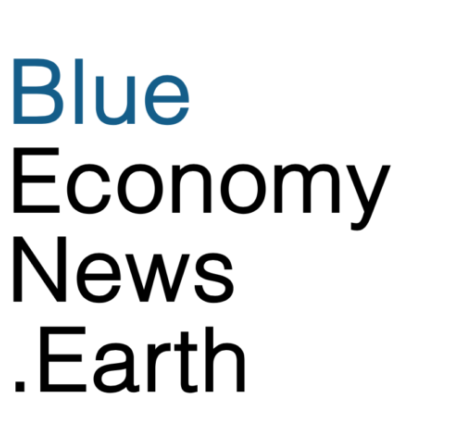The EU Commission has granted more than €358 million to 132 new projects across Europe under the LIFE Programme for environment and climate action. The allocated amount represents more than half of the €536 million total investment needs for the projects – the remainder coming from national, regional and local governments, public-private partnerships, businesses, and civil society organizations.
The Commission said LIFE projects play a significant role in the EU’s transition to a clean, circular and resilient economy, helping safeguard and restore biodiversity, supporting industrial competitiveness and contributing to the long-term goal of becoming climate-neutral by 2050.
The EU will provide €147 million of a total €225 million for nature and biodiversity, with 34 projects to restore natural habitats, coastal ecosystems, and freshwater; and improve the conservation status of birds, insects, amphibians, and mammals.
It will provide €76 million €133 million for circular economy and improving quality of life, with 31 projects supporting the transition towards a clean, circular, energy-efficient, and climate-resilient economy. It will provide €58 million of €96 million to 19 projects to strengthen climate resilience and mitigation efforts and €77 million of €82 million to 48 projects aimed at accelerating the clean energy transition.
Among the projects will be funded:
Sustainable management of marine and coastal habitats (LIFE terrAmare). Mediterranean coasts and dunes are among the most threatened habitats in Europe. Decades of urban expansion, and excessive and unregulated tourism have severely degraded marine and coastal ecosystems. A total of 1,055 hectares of marine, coastal and dune habitats in Greece and Italy will be restored with the support of local institutions, citizen associations, and marine operators to create ‘ecological beach communities’.
Mapping, protecting and restoring marine ecosystems (LIFE MAPPER). Many European marine ecosystems have been destroyed by decades of over-exploitation and poor management — but the true extent of the damage remains unclear because existing maps often lack detailed data. LIFE MAPPER will develop mapping and restoration guidelines based on habitat quality, quantity, connectivity and cost-benefit, and make them publicly available through an online manual and knowledge platform.
Degassing inland waterway and maritime transport (LIFE4DEGAS). Degassing occurs when oil tankers release harmful non-methane volatile organic compounds (NMVOCs) during loading and unloading. Despite international, national and EU rules, degassing remains widespread. The project consortium will establish an EU-wide cooperation structure involving legislators, policymakers, ports, the shipping and chemical industries, and NGOs with a view to further limiting, or completely banning, NMVOC degassing.
Over its 33 years of existence, the LIFE Programme has co-financed more than 6,500 environmental and climate action projects across the EU and associated countries. The present LIFE programstarted in 2021 and runs until 2027, with a budget of €5.43 billion. The grants financed under the LIFE Programme are managed by CINEA, the European Climate Infrastructure and Environment Executive Agency.

